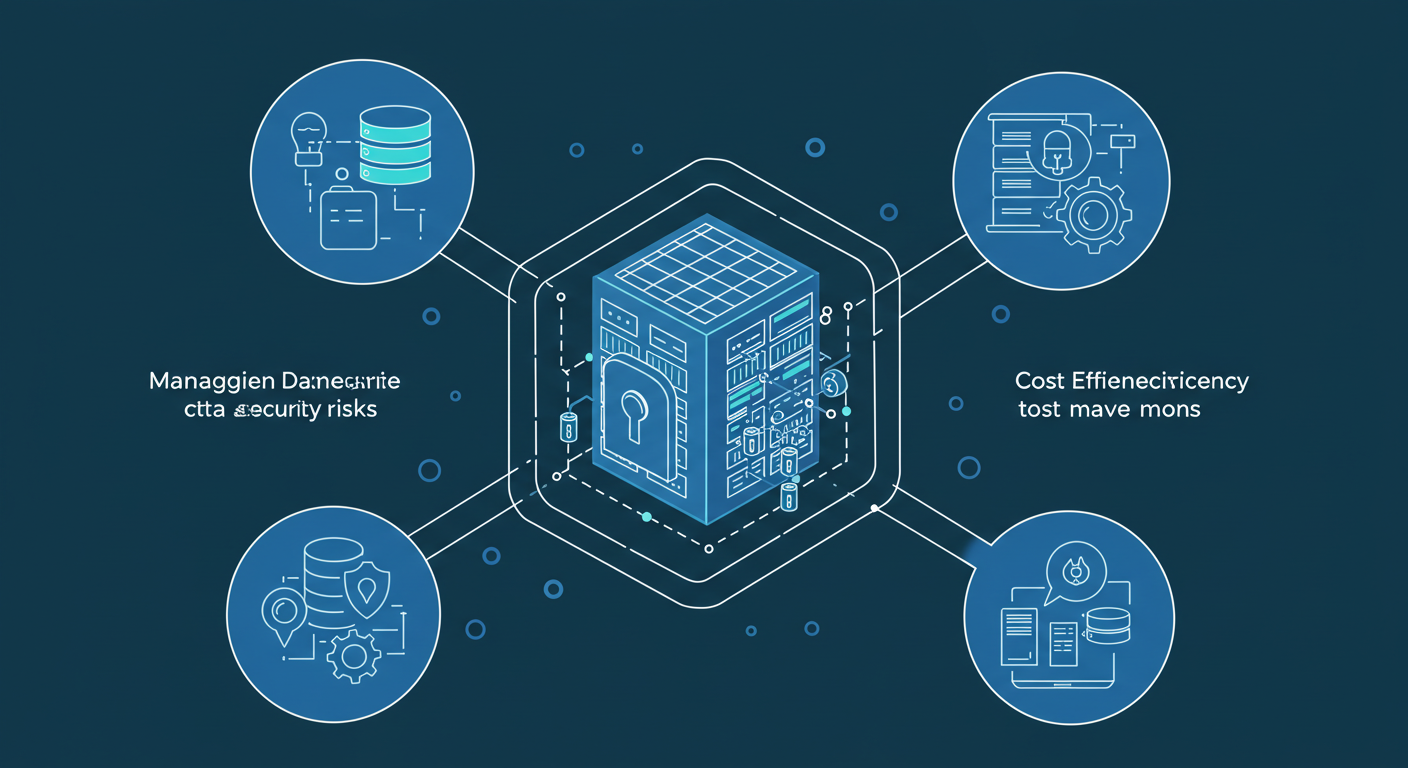In today’s data-driven world, businesses are increasingly reliant on robust data architectures to streamline operations, enhance decision-making, and drive innovation. At the heart of this transformation are professionals like Davi Abdallah, a highly respected Principal Data Architect known for his expertise in designing scalable, efficient, and future-proof data solutions.
This article explores Davi Abdallah’s journey, his contributions to data architecture, and his vision for the future of data management.
Early Life and Educational Background
Davi Abdallah’s passion for technology and data began early in his academic career. He pursued a degree in Computer Science, focusing on database management, system architecture, and software engineering. His education laid a strong foundation for his understanding of data modeling, cloud computing, and big data analytics.
During his university years, Abdallah was particularly interested in how data could be structured and optimized for faster, more efficient processing. His early projects revolved around developing relational database management systems (RDBMS) and experimenting with NoSQL databases, which would later become integral to his professional work.
Career Journey and Professional Growth
Entering the Industry
After completing his education, Abdallah began his career as a database engineer, working on optimizing data storage and retrieval processes for various enterprises. He quickly gained recognition for his ability to design high-performance data architectures that supported business growth while maintaining data security and compliance.
As his expertise grew, he transitioned into roles that involved strategic planning and enterprise-level data architecture. His ability to bridge the gap between technical implementation and business strategy made him a sought-after professional in the industry.
Becoming a Principal Data Architect
Over the years, Abdallah advanced to the role of Principal Data Architect, a position that requires both deep technical knowledge and the ability to lead large-scale data initiatives. In this role, he has been responsible for:
- Designing scalable and resilient data architectures for large organizations.
- Implementing cloud-based solutions to enhance data accessibility and security.
- Optimizing big data pipelines to support real-time analytics and AI-driven decision-making.
- Ensuring compliance with data governance regulations, such as GDPR and CCPA.
His work spans multiple industries, including finance, healthcare, and technology, each of which presents unique data challenges that require specialized solutions.
Also Read: Interesting News HearthStats: A Deep Dive into the Platform Revolutionizing Hearthstone
Innovations and Key Contributions
Davi Abdallah has played a crucial role in transforming data architecture practices. Some of his most notable contributions include:
1. Cloud Data Architecture
Recognizing the power of cloud computing, Abdallah has led initiatives to migrate traditional on-premise data systems to cloud platforms like AWS, Microsoft Azure, and Google Cloud. His cloud architectures offer improved:
- Scalability: Ability to handle massive datasets with minimal latency.
- Security: Implementation of zero-trust security models and data encryption to protect sensitive information.
- Cost Efficiency: Reduction in infrastructure costs through serverless computing and auto-scaling mechanisms.
2. Real-Time Data Processing and Analytics
In an era where businesses need instant insights, Abdallah has championed the adoption of streaming data technologies such as Apache Kafka, Spark Streaming, and Flink. His real-time processing frameworks enable:
- Faster decision-making by providing instant insights from data streams.
- Improved fraud detection in finance through anomaly detection models.
- Enhanced user experiences in e-commerce and digital platforms via personalized recommendations.
3. Machine Learning and AI Integration
Understanding the increasing role of AI in data analytics, Abdallah has developed data architectures that support machine learning (ML) models at scale. His contributions in this field include:
- Optimized feature engineering pipelines for AI-driven analytics.
- Automated data labeling and cleansing mechanisms to improve ML accuracy.
- Integration of AI models with business intelligence (BI) platforms for predictive analytics.
4. Data Governance and Compliance
Given the rising concerns around data privacy, Abdallah has been instrumental in implementing robust data governance frameworks. His work ensures that organizations:
- Adhere to regulatory requirements like GDPR, HIPAA, and SOC 2.
- Implement access controls to prevent unauthorized data usage.
- Enhance data lineage tracking for better auditing and compliance reporting.
Thought Leadership and Mentorship
Beyond his technical expertise, Davi Abdallah is a respected thought leader in the data architecture community. He actively shares his knowledge through:
- Industry conferences and seminars, where he discusses emerging trends in data management.
- Technical blogs and whitepapers, covering best practices in data architecture, cloud computing, and AI integration.
- Mentorship programs, guiding aspiring data architects in navigating career challenges.
His commitment to education and mentorship has helped shape the next generation of data professionals, fostering a culture of continuous learning and innovation.
Future Vision: Where is Data Architecture Heading?
As technology continues to evolve, Abdallah envisions several key trends shaping the future of data architecture:
1. The Rise of Multi-Cloud Architectures
Organizations will increasingly adopt multi-cloud strategies to avoid vendor lock-in and improve system resilience. Abdallah predicts that cloud interoperability will become a major focus for enterprises.
2. AI-Driven Data Management
Automation will play a crucial role in data governance, quality control, and anomaly detection. AI-powered self-healing databases will reduce human intervention, improving efficiency.
3. Edge Computing and IoT Integration
With the growth of Internet of Things (IoT) devices, data will be processed closer to its source using edge computing. Abdallah is particularly interested in how decentralized architectures can enhance real-time decision-making in industries like manufacturing and healthcare.
4. Quantum Computing’s Impact on Data Processing
While still in its infancy, quantum computing has the potential to revolutionize data processing speeds. Abdallah believes that early adoption of quantum-safe encryption will be critical for ensuring data security in the coming years.
Challenges and Overcoming Obstacles

Despite his success, Abdallah has faced numerous challenges in his career, including:
- Managing data security risks amid growing cyber threats.
- Ensuring system scalability without compromising performance.
- Balancing cost efficiency with technological advancements.
Through strategic planning, continuous learning, and collaboration with cross-functional teams, he has successfully navigated these challenges and driven meaningful change in data architecture.
Final Thoughts
Davi Abdallah’s work as a Principal Data Architect has redefined how organizations structure and utilize their data. His contributions to cloud computing, real-time analytics, AI integration, and data governance have positioned him as a leader in the industry.
Also Read: The How of Digital and Analytics in Insurance Thestudypoints
With a forward-thinking approach and a commitment to innovation, Abdallah continues to shape the future of data architecture, ensuring that businesses can harness the power of data for smarter decision-making and long-term success.
As companies strive to keep up with the evolving landscape of big data and AI, professionals like Davi Abdallah will remain instrumental in driving the next wave of digital transformation.




